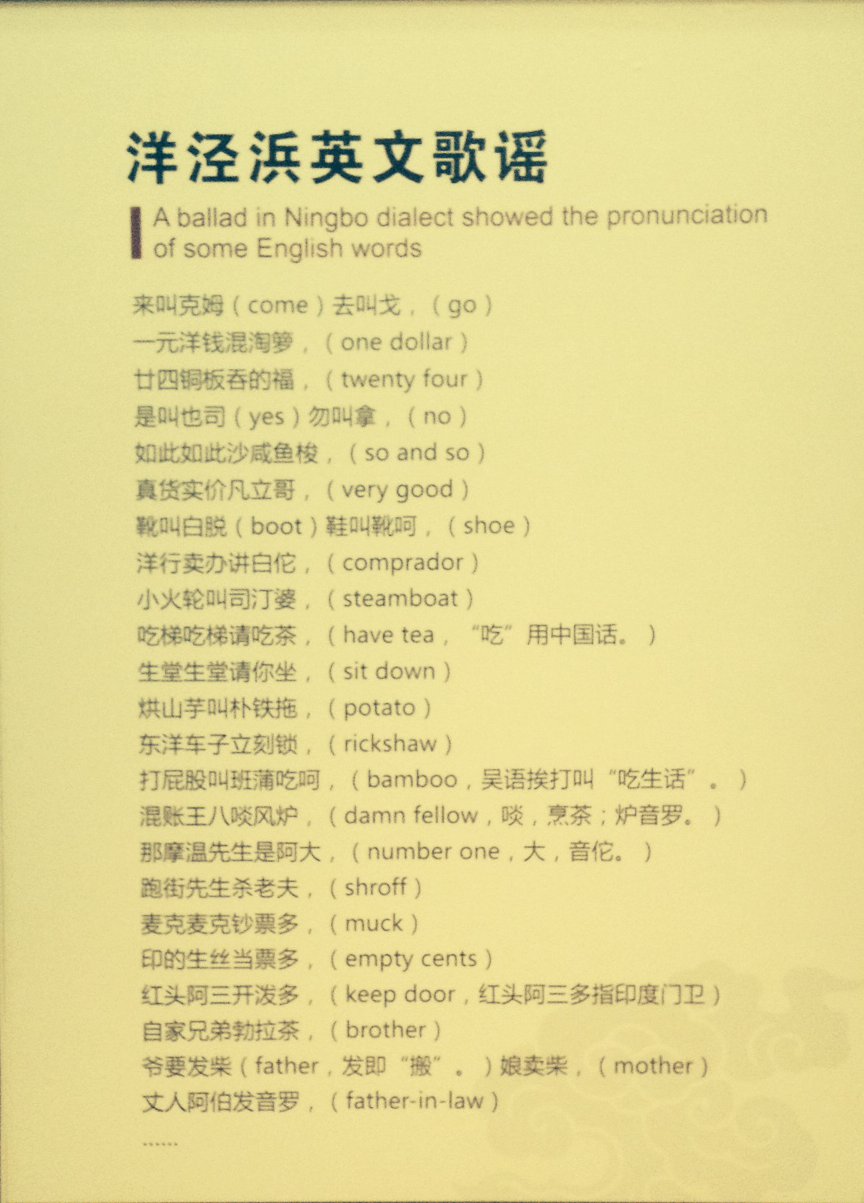This post follows up on Mark Dingemanse's guest post, "Some constructive-critical notes on the informal overlap study", which in turn comments on Kieran Snyder's guest post, "Men interrupt more than women".
As part of a project on the application of speech and language technology to meetings, almost 15 years ago, researchers at the International Computer Science Institute (ICSI) recorded, transcribed and analyzed a large number of their regular technical meetings. The results were published by the Linguistic Data Corsortium as the ICSI Meeting speech and transcripts. As the publication's documentation explains:
75 meetings collected at the International Computer Science Institute in Berkeley during the years 2000-2002. The meetings included are "natural" meetings in the sense that they would have occurred anyway: they are generally regular weekly meetings of various ICSI working teams, including the team working on the ICSI Meeting Project. In recording meetings of this type, we hoped to capture meeting dynamics and speaking styles that are as natural as possible given that speakers are wearing close-talking microphones and are fully cognizant of the recording process. The speech files range in length from 17 to 103 minutes, but generally run just under an hour each.
There are a total of 53 unique speakers in the corpus. Meetings involved anywhere from three to 10 participants, averaging six. The corpus contains a significant proportion of non-native English speakers, varying in fluency from nearly-native to challenging-to-transcribe.
There's an extensive set of "dialogue act" annotations of this material, available from ICSI, and described in Elizabeth Shriberg et al., "The ICSI Meeting Recorder Dialog Act (MRDA) Corpus", HLT 2004.
Read the rest of this entry »
 While "grammar nerds" are psyched about Weird Al's new "Word Crimes" video, many linguists are shaking their heads and feeling a little hopeless about what the public enthusiasm about it represents: a society where largely trivial, largely arbitrary standards of linguistic correctness are heavily privileged, and people feel justified in degrading and attacking those who don't do things the "correct" way. What's behind linguists' reactions are at least three factors.
While "grammar nerds" are psyched about Weird Al's new "Word Crimes" video, many linguists are shaking their heads and feeling a little hopeless about what the public enthusiasm about it represents: a society where largely trivial, largely arbitrary standards of linguistic correctness are heavily privileged, and people feel justified in degrading and attacking those who don't do things the "correct" way. What's behind linguists' reactions are at least three factors. 

